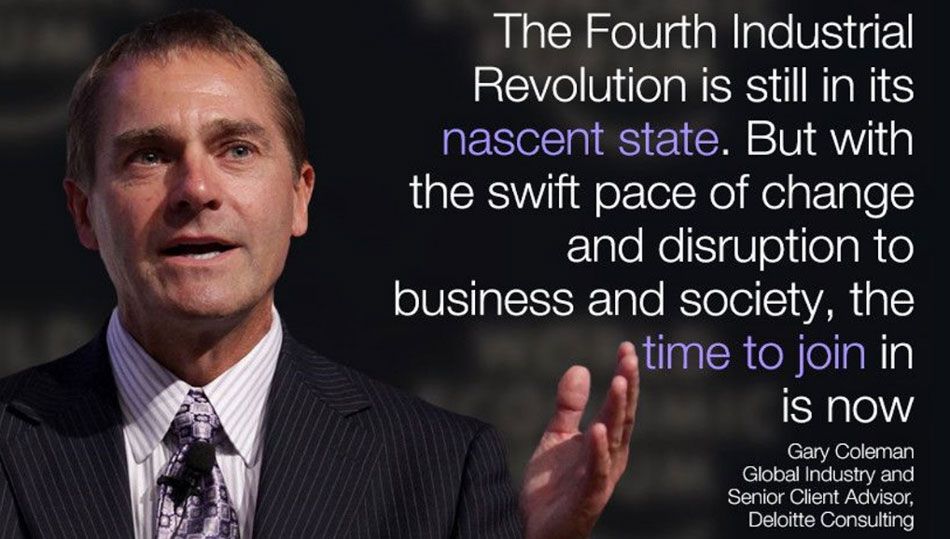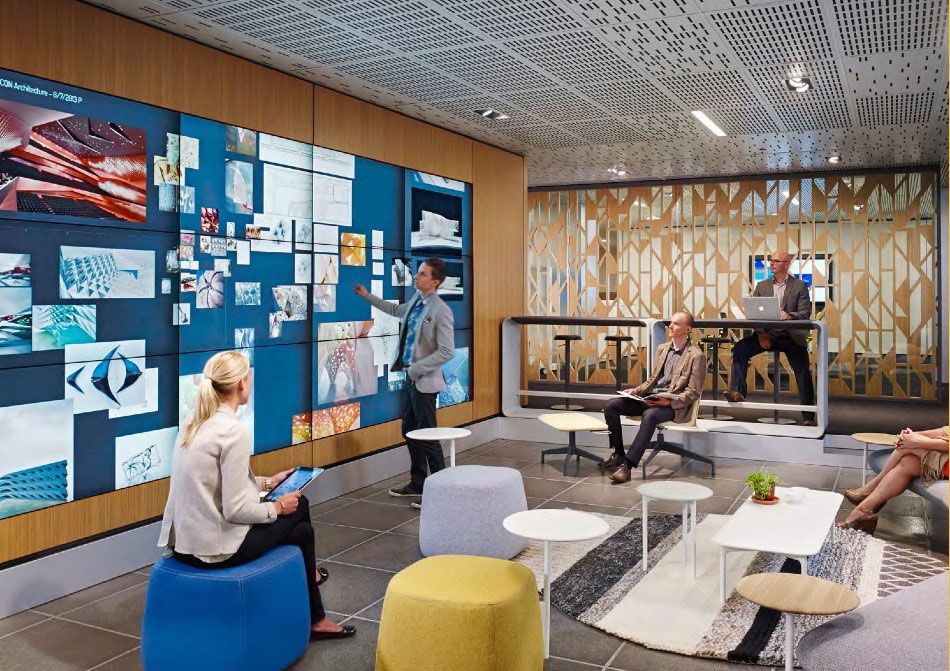
Image source: iStock
As you know, the transition to the fourth industrial revolution is already taking place in most industries. This is changing the nature of jobs as we know them.
According to a report made by the World Economic Forum, 7.1 million jobs could be lost through automation and 2.1 million new jobs will be created by 2025. As technology becomes a greater part of every sector artificial intelligence, automation and machine learning will take over many jobs. Digital modernism will change conventional jobs and present new opportunities in the job market.
Let us look at how the industrial revolution will modify different sectors and how professionals can invest in future-proofing their skills.

Image source: Twitter
Artificial intelligence and automation replaces jobs

Image source: iStock
The digital revolution is going to improve most jobs, by either offering computerised efficiency or requiring more tech ability. Jobs that require human labour are first in line to be replaced by robotics. Here are the jobs that are going to be interchanged with computer intelligence.
- Administration
- Office jobs
- Manufacturing
- Production
In sectors such as marketing, engineering, architecture etc. more digital expertise will be required to occupy job roles. It becomes crucial for professionals to be aware of employment prospects, as type of jobs are to change radically by 2020.
An urgent tactic that professionals can use is to equip themselves with the top tech skills that are in demand. Millennials are fast moving with digital ability that changes the forecast of jobs in industries. Elevating your digital ability and expanding your expertise ensures that you remain relevant in the industry. This also means being tech-savvy and constantly learning about job innovations in the field.

Image source: AV Solutions
Virtual offices and flexible workspaces
The tech revolution calls for a workplace technology that will fit in with the changes taking place. We will see more workplaces adopting the creative office designs that will incorporate the digital transformation. This is designs with minimal furniture and open spaces that are more futuristic.
The use of cloud systems, HD televisions and robotics will be amplified. The digitised method is meant to declutter offices and create more efficient storage that provides flexibility for employees.
This convenience also means employees do not always have to be in the office and can use cloud technology to work from home. Collaborative tech tools and programs are going to be used more to keep employees updated so that fewer meetings take place and time is preserved.
This technology will drive the productivity of employees in the workplace.
What skills can professionals invest in for the digital transformation?

Image source: iStock
There is a lot of training available for professionals to gain new skills for emerging jobs. For example, a social media manager role, which only came about through tech and social developments, has become a dominant part of any business that requires social media experts. If you want to be successful in jobs such as marketing, you also need to have strong digital proficiency to be effective.
This is why you will find programmes such as digital marketing that previously did not exist are now available to train in. These new programmes are designed to prepare professionals with the knowledge and digital skills that are in demand. With skills training, experts can take on new jobs and have more to succeed in their career.
The way that people learn is also evolving as learning spaces become more tech-driven. Professionals also have the opportunity to study online while they pursue their work ambitions. This additional training allows you to gain the digital skill-set needed for the next phase of your career.
In this way, you can future-proof your career and become indispensable.
